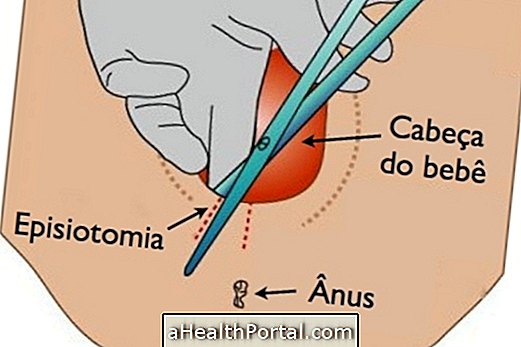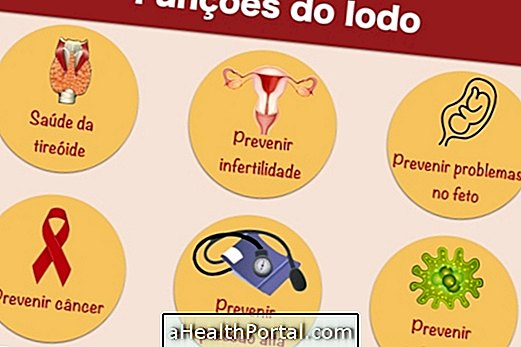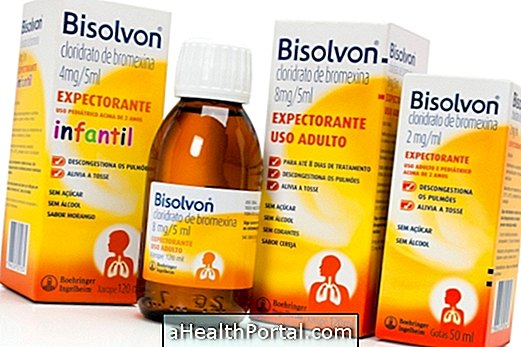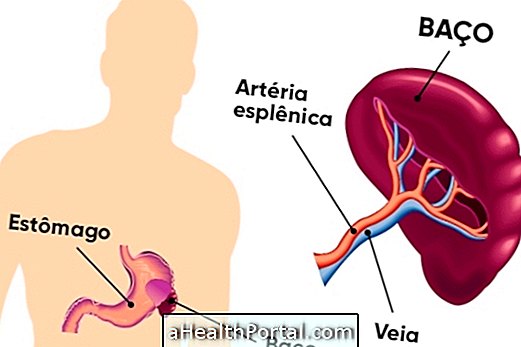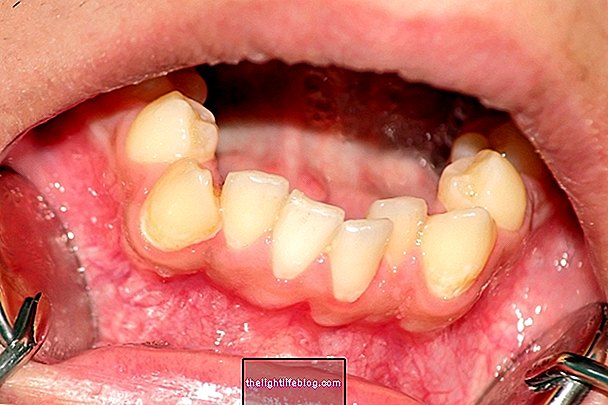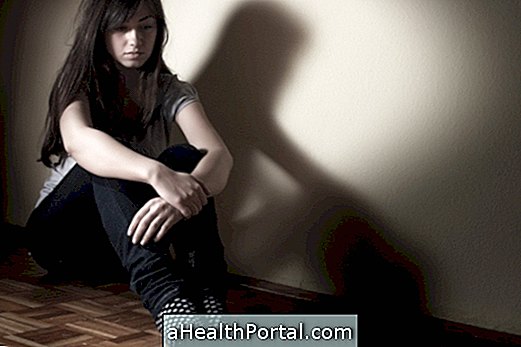To cure a fast virus is important to stay home and rest, ingest at least 2 L of water and make a light meal, opting for boiled and grilled. In cases of a strong virus, it may be necessary to use medicine to reduce symptoms such as fever, vomiting and diarrhea.
Virosis is generally more common in children, infants, and people with a weak immune system and treatment takes an average of 1 week, with gastroenteritis and influenza being the most common viral infections. Learn to identify the symptoms to know if it is virose or not.
Tips for fighting Virose
Stop curing a virus more quickly there are some tips that help treat it, such as:
- Stay at home, missing work or school, not to worsen health or contaminate colleagues, avoiding public transportation and shopping centers, because the air is polluted and the chance of worsening is high;
- Renovate the air, opening the windows, especially the bedroom after sleeping, to eliminate viruses;
- Wash hands several times a day to remove viruses and do not contaminate other people.
In addition to these tips, it is important to make adequate food and ingest the appropriate medicines, such as:
1. Drink lots of fluids
To prevent dehydration caused by diarrhea, vomiting and fever it is necessary to ingest at least 2 liters of water or homemade serum per day, drinking in small sips. In addition, teas, especially ginger and peach without sugar, help to fight sickness more easily and moisturize the body.
Here's how to make homemade whey at home:

However, during the virus infection, drinks such as soda, coffee, milk and juices should be avoided as they increase the malaise.
2. Making light meals
Meals should be light and easily digestible to avoid nausea, vomiting, and diarrhea. Cooked and grilled foods should be preferred, such as broth, fruit, cooked apple and banana, vegetables such as carrots or cooked zucchini or white meat such as chicken .
However, during fruiting, raw fruits and vegetables and spicy, sweet or fatty foods should not be eaten, as they contribute to worsening symptoms. Read more in: What to Eat in Diarrhea.
3. Use medications
During a virus, it may be necessary to use drugs to stop the symptoms of the virus more quickly and, according to the symptoms and medical indication, one can use:
- Medications to combat pain and fever: Analgesics and antipyretics, such as Paracetamol, can be taken every 8 hours to decrease headache, body aches and fever;
- Medicines to prevent nausea and vomiting: to stop these symptoms you should take an antiemetic such as Metoclopramide, 15 to 30 minutes before eating;
- Medications to combat diarrhea: In these cases, it is necessary to take an antidiarrheal, such as Loperamide after the episode of diarrhea.
In cases of viral infection, the use of antibiotics is not indicated because it does not treat diseases caused by viruses. In this way, medical guidance is key to choosing the best remedy for treating the virus.
In addition to these medicines, the use of supplements rich in zinc and vitamin C, such as Vitergan and Cebion for example, help strengthen the immune system, leaving the body stronger to fight diseases caused by viruses.

Treatment for Childhood Virose
The treatment for the virose in children or babies is similar to the treatment for the adult, however, it is important to go to the pediatrician to adjust the treatment. In this way, it is recommended that the child or baby stay at home, not going to nursery or school to not get worse and not contaminate colleagues.
In addition, parents should:
- Measure the temperature of the child or baby every 2 hours and if necessary give a medicine to lower the fever as directed by the doctor;
- Encourage your child to drink water or tea every 30 minutes. In the case of babies, it is essential to breastfeed every 2 hours;
- Give the child small amounts of cooked food, such as canja and rice with boiled chicken and mace or banana;
- Wash the hands of the child or baby and family members at least 3 times a day.
These measures generally help the child to improve rapidly and regain health and well-being. Learn more in: Diarrhea and Vomiting in Children.
When to go to the doctor
If you have a virus, it is necessary to go to the doctor:
- Children, infants, the elderly and individuals with low immune system;
- Symptoms get worse, even following these measures;
- Has a fever higher than 38.5ºC for more than 3 days;
- You can not eat any food for more than 2 days;
- Vomiting more than 4 times a day.
The general practitioner may direct the patient to have blood tests to detect the virus and thus indicate the best treatment to combat the virus more effectively.




